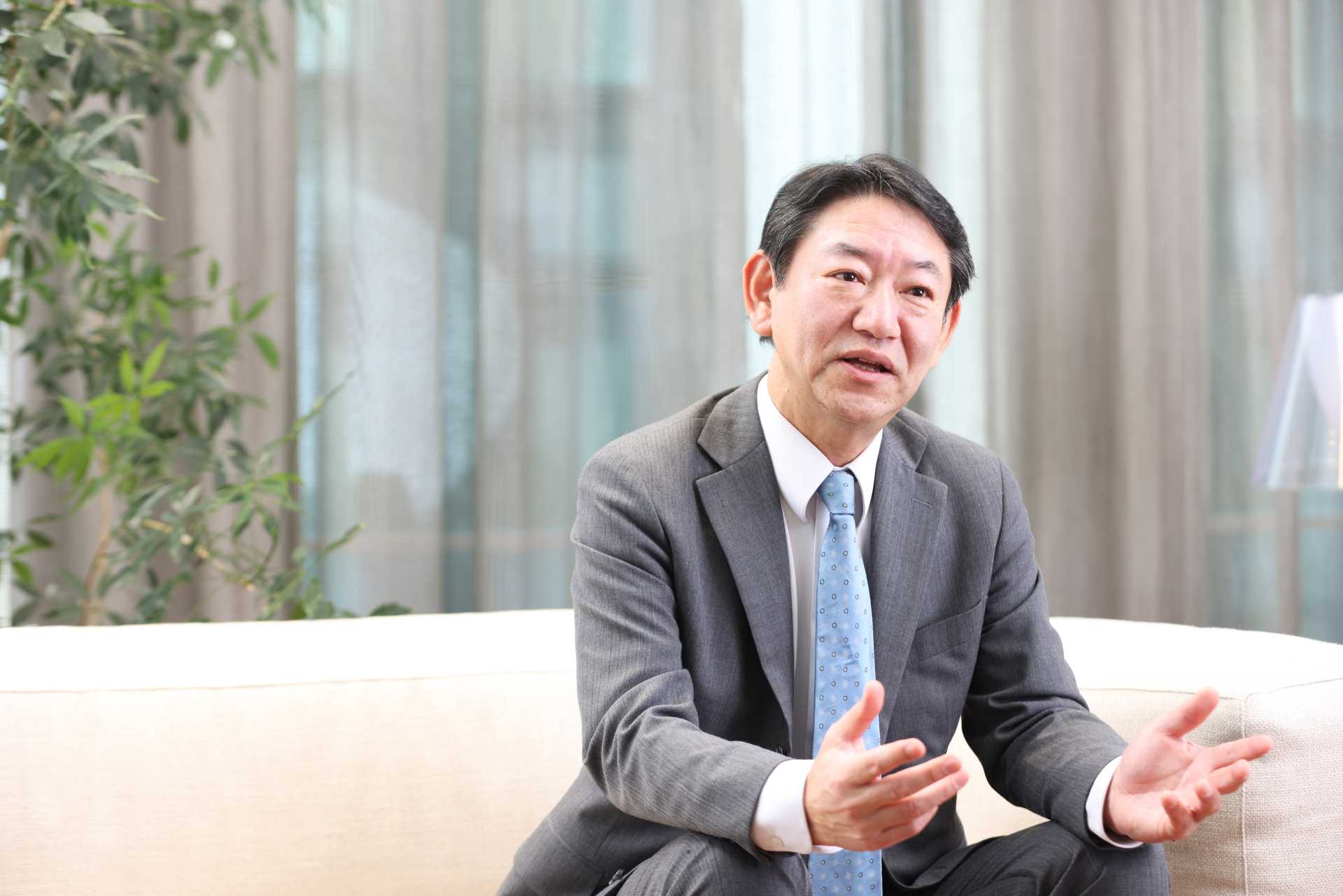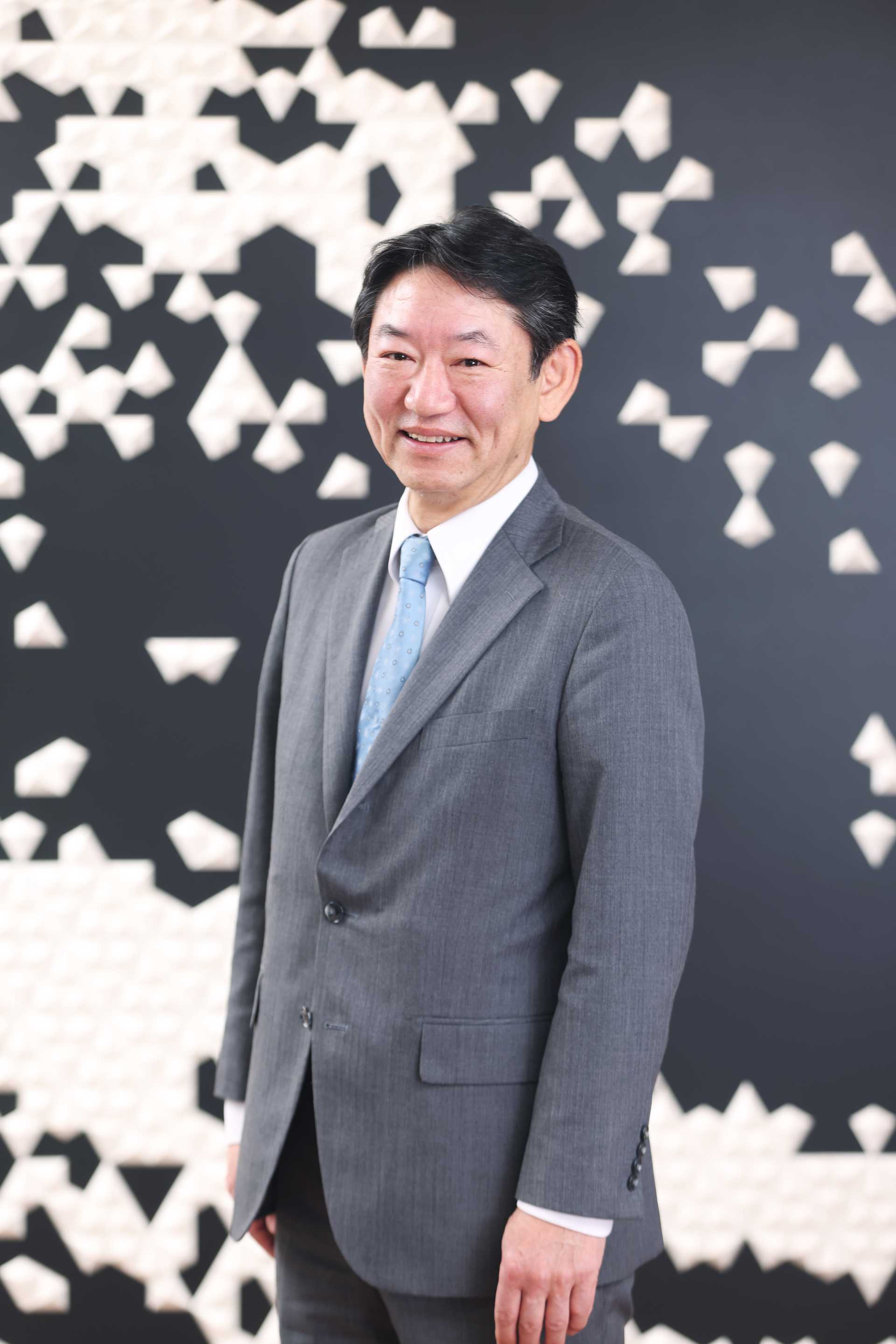Mr. Adachi: Certainly, information disclosure by Japanese companies has progressed compared to the past. However, foreign institutional investors are moving faster than the change that the Japanese companies are making. A considerable number of foreign institutional investors are paying attention to information on the promotion of women in the companies in which they invest. It is important to note that institutional investors are not only interested in the ‘head count’ such as the number of female managers.
In other words, when focusing on sustainable corporate growth from a global perspective, the emphasis is on gender equality in the Social (S) and Governance (G) areas. Here, they evaluate a company's ability to increase its corporate value while flexibly responding to changes and market needs as a management strategy, through their efforts to address gender issues. Companies on the receiving end of investment need to be thoroughly informed about the view of these institutional investors.
In addition to the percentage of women in leadership positions, a company's commitment to gender equality can be seen in its promotion and career development opportunities for women, equal pay for equal work, and work-life balance. Companies are also increasingly focusing on quality that cannot be measured quantitatively, such as corporate culture, for example, whether there is diversity in the supply chain, as a criterion for selecting suppliers. In other words, foreign institutional investors make multifaceted judgments, including non-financial information, when determining the value of a company in which they invest, and they invest in the company's growth potential on that basis. Therefore, I believe that Japanese companies will naturally be more demanding in their investment analysis of corporate management strategies (companies promoting women's participation), promotion of dialogue, and visualization of information on the progress and impact of women's participation, from the perspective of investment performance, which is also important for investors.

